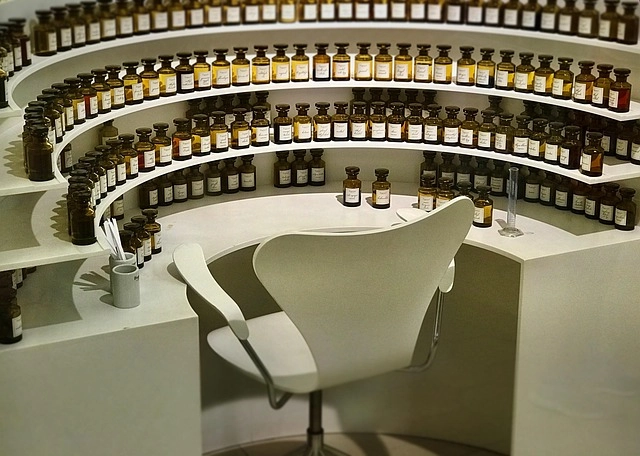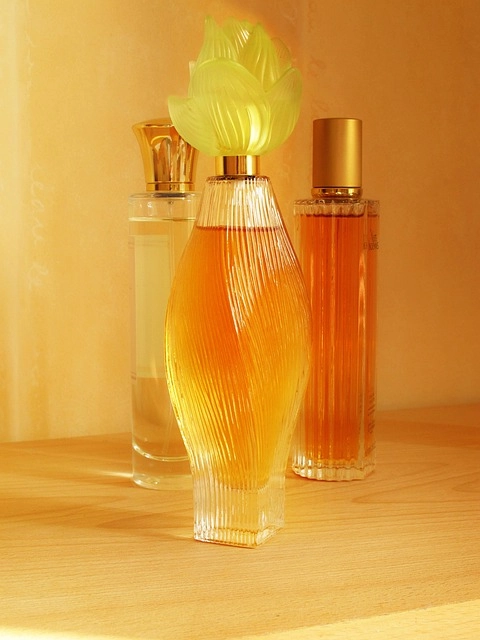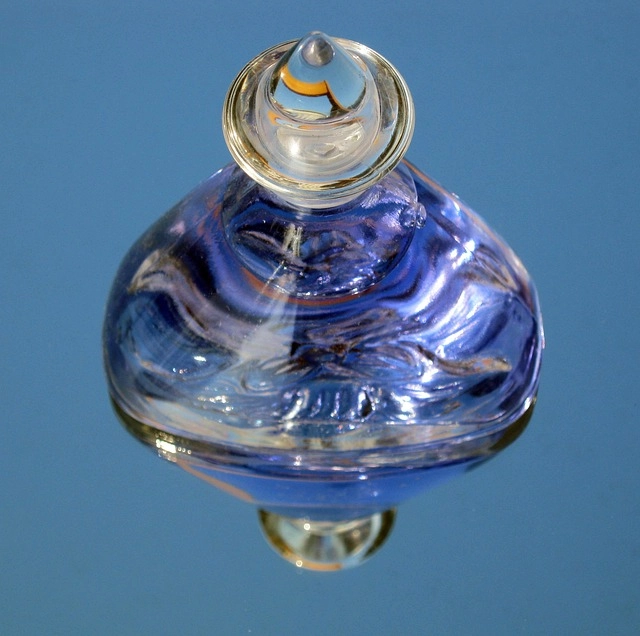Hugo Boss Perfume combines natural essential oils like bergamot, ginger, and clary sage with synthetic compounds for a complex, captivating scent profile. Natural ingredients offer therapeutic benefits and distinct profiles, while synthetics provide year-round appeal and diverse olfactory experiences. The blend distinguishes Hugo Boss Perfume from its cologne counterpart, appealing to health-conscious consumers and capturing global popularity through its unique fusion of natural and synthetic elements in perfumery art.
Is your perfume a blend of natural essences or synthetic compounds? This question goes beyond personal preference, impacting health and scent longevity. Let’s explore the world of fragrances. We’ll delve into the benefits and potential drawbacks of essential oils versus synthetic ingredients, dissecting even a popular scent like Hugo Boss Perfume to understand their complex compositions. By the end, you’ll be equipped to make informed decisions about what truly nourishes your sense of smell.
- Understanding Essential Oils: Natural Aromas Explained
- Synthetic Ingredients: Unveiling Their Role in Perfumery
- Hugo Boss Perfume: A Closer Look at Its Composition
- Natural vs. Synthetic: Health and Safety Considerations
- The Art of Blending: Crafting Unique Fragrance Experiences
Understanding Essential Oils: Natural Aromas Explained

Essential oils, derived from plants, are the heart of many fragrances, including renowned perfumes like Hugo Boss Perfume and Hugo Boss Cologne. These natural extracts offer a unique aroma experience by capturing the essence of flowers, fruits, herbs, and spices. Each oil has distinct properties and benefits, making them valuable in perfumery for their captivating scents and therapeutic qualities.
When it comes to crafting a perfume, understanding essential oils allows artisans to create complex and layered fragrances. By combining various essential oils, they can develop unique and memorable scent profiles that transport wearers to lush gardens or exotic locations. The natural aromas not only provide an olfactory delight but also contribute to the overall well-being, making them a popular choice for those seeking authentic and high-quality perfumes like Hugo Boss Perfume and Hugo Boss Cologne.
Synthetic Ingredients: Unveiling Their Role in Perfumery

In the realm of perfumery, synthetic ingredients play a pivotal role, especially when crafting iconic scents like Hugo Boss Perfume and Hugo Boss Cologne. These chemicals are meticulously engineered to replicate the complexity and allure of natural essences, offering a vast array of olfactory possibilities. While many traditionalists prefer the use of essential oils for their organic and authentic characteristics, the incorporation of synthetic compounds has revolutionized the industry.
By employing synthetic ingredients, perfumers can create unique fragrances that transcend seasonal trends, offering year-round appeal. They provide an extensive palette of scents, from woody and spicy notes to floral and fruity accords, all carefully balanced to captivate the senses. Take Hugo Boss Perfume, for instance, which seamlessly blends bergamot, cardamom, and vetiver with a heart of geranium and base notes of amber and musk, thanks in part to synthetic compounds that enable such intricate compositions.
Hugo Boss Perfume: A Closer Look at Its Composition

Hugo Boss Perfume, a renowned fragrance for men, has captivated senses worldwide. But what makes this scent so alluring? Let’s take a closer look at its composition and the ingredients that contribute to its success. The perfume is not merely a blend of scents; it’s a carefully crafted symphony of essential oils and synthetic notes, designed to evoke a sense of sophistication and elegance.
At the heart of Hugo Boss Perfume lies a complex interplay of citrusy and spicy aromas, with bergamot, lemon, and ginger leading the way as opening notes. These fresh, vibrant ingredients provide an invigorating kick, instantly drawing attention. As the fragrance evolves, heart notes of cardamom, geranium, and clary sage emerge, adding depth and warmth to the scent profile. This combination creates a unique, captivating aroma that sets Hugo Boss Perfume apart from its counterparts, such as Hugo Boss Cologne, focusing on synthetic ingredients alone. The base notes, including amber, musk, and patchouli, lend a rich, earthy quality, ensuring the fragrance lingers long after application.
Natural vs. Synthetic: Health and Safety Considerations

When it comes to fragrances, understanding the difference between natural and synthetic ingredients is essential for making informed decisions about your health and well-being. In the case of Hugo Boss Perfume and Hugo Boss Cologne, knowing their composition can help consumers choose what aligns best with their preferences and concerns.
Natural essential oils, derived from plants, offer a range of benefits including therapeutic properties and a unique scent profile. They are often sought after for their purity and potential health advantages. Conversely, synthetic ingredients are man-made chemicals designed to mimic natural scents. While they can create intense and long-lasting fragrances, concerns have been raised about their potential impact on health and the environment. With an increasing awareness of these considerations, consumers are increasingly looking for products that prioritize natural components over synthetic alternatives.
The Art of Blending: Crafting Unique Fragrance Experiences

The art of blending essential oils and synthetic ingredients is a delicate process that creates unique fragrance experiences, much like crafting a fine wine or painting a masterpiece. It’s this masterful blending that gives perfumes their distinct character, such as the iconic Hugo Boss Perfume and Hugo Boss Cologne.
Perfumers, akin to artists, carefully select and combine these elements to evoke specific emotions and sensations. Synthetic ingredients offer versatility and stability, allowing for complex notes and extended wear time, while essential oils contribute natural essence and depth. This blend creates a harmonious scent that transcends individual components, offering wearers a unique and captivating olfactory journey.
